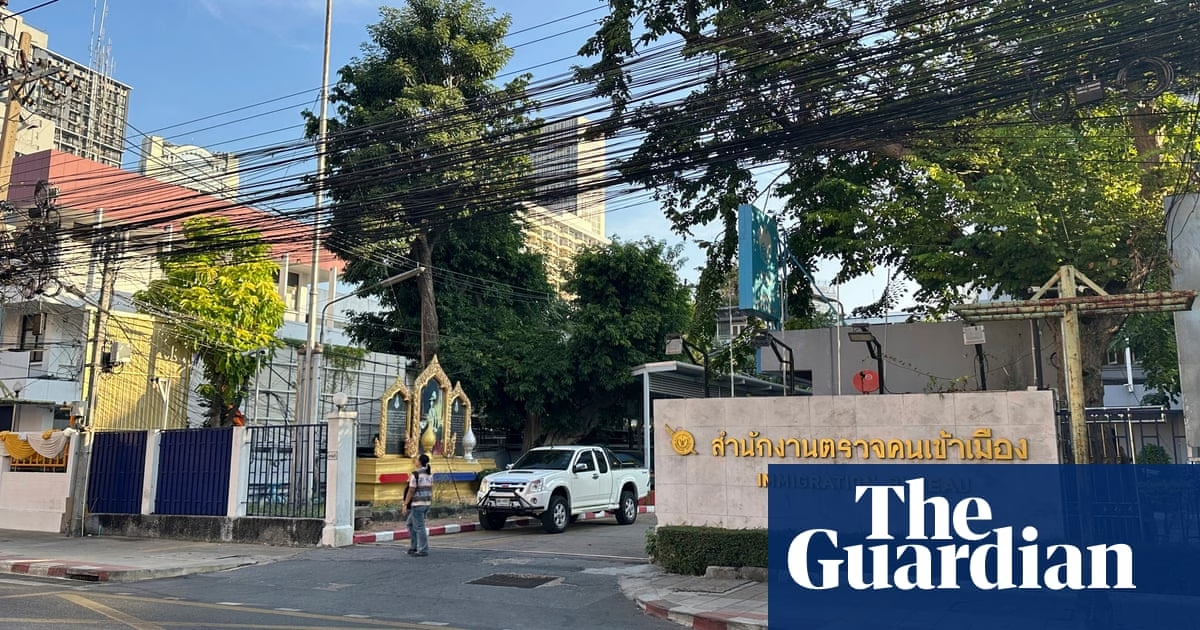<
div>
Canada and the US were willing to resettle 48 Uyghurs who were detained in Thailand over the past ten years, but Thailand refused, fearing China’s displeasure. Thailand recently deported many of these Uyghurs to China, despite opposition from UN human rights experts.
Thailand defended the deportation, claiming it acted according to its laws and human rights responsibilities.
Uyghurs are an ethnic minority primarily living in China’s Xinjiang region, and human rights groups accuse China of systematic abuses against them. China denies these allegations.
A Thai deputy prime minister, Phumtham Wechayachai, stated that no country made a firm offer to settle the 48 Uyghurs.
According to Phumtham, despite discussions with several major nations over the past 10 years, no concrete offers were made to resettle the Uyghurs.
Phumtham was not in government from 2006 until mid-2023.
The US state department confirmed their offer to resettle the 48 Uyghurs, with the US trying to avoid this situation through diplomacy and offerings of resettlement, including in the US.
Multiple sources, including diplomats and individuals with direct knowledge, said Canada also offered asylum to the detained Uyghurs.
Two of these sources indicated that Australia may have made a similar offer.
These potential resettlement options were not pursued by Thailand, out of fear of offending China. This information had not been reported previously.
All sources requested to remain anonymous due to the sensitivity of the matter.
Thailand’s foreign ministry did not respond to requests for comments.
China’s foreign ministry confirmed the repatriation was in compliance with both Thai and Chinese laws, stating the returned individuals were Chinese nationals who were undocumented migrants. They claimed all rights of the concerned individuals were completely protected.
Canada’s immigration ministry stated they would not comment on specific cases.
Australia’s Department of Foreign Affairs referred to a statement from Foreign Minister Penny Wong, stating the country does not agree with Thailand’s decision to deport the Uyghurs.
In addition to the 40 Uyghurs deported, there are five in prison due to ongoing criminal charges. The whereabouts of the other three remain unconfirmed.
Pisan Manawapat, who served as Thailand’s ambassador to Canada and the US from 2013 to 2017, mentioned that at least three countries approached Thailand to resettle the Uyghurs but did not disclose their identities.
Pisan added that Thailand did not wish to offend China, hence no political decision was made to accept the resettlement proposals.
China is Thailand’s leading trade partner, and the two countries have close economic ties.
Phumtham said Thailand decided to deport the Uyghurs to China after receiving Beijing’s assurances that Thai officials could monitor the wellbeing of the Uyghurs after their return.
<
p class=”dcr-s3ycb2″>UN human rights experts warned that if the Uyghurs were returned to China, they would face torture, mistreatment, and irreparable harm, which has led to widespread criticism of the deportation. After the deportation, the UN’s
Source: https://www.theguardian.com/world/2025/mar/05/us-offered-to-resettle-uyghurs-that-thailand-deported-to-china-sources-say








